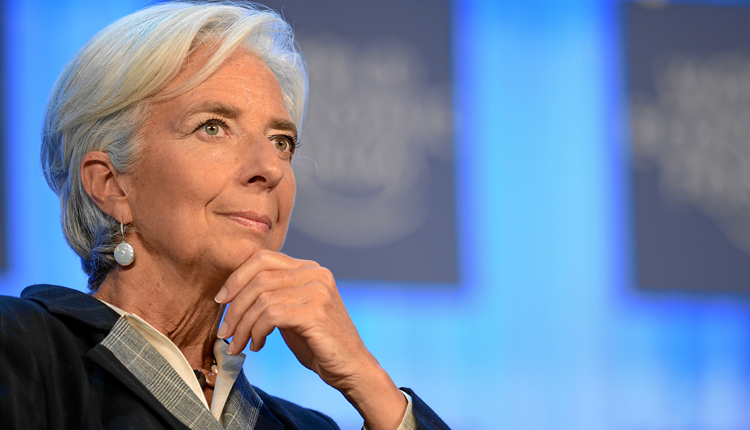International Monetary Fund (IMF) Managing Director Christine Lagarde has reiterated Saturday her call for removing energy subsidies worldwide and notably in the Middle East region.
“There is really no excuse for the continued use of energy subsidies.” Lagarde said, referring to three key factors, at the third annual Arab Fiscal Forum, organised by the Arab Monetary Fund and the International Monetary Fund, in Dubai.
The forum is organised by the Arab Monetary Fund and the International Monetary Fund, in Dubai, in preparation for the annual World Government Summit, which will take place on Sunday, February 11th.
Egypt’s central bank has floated the pound currency in November 2016, followed by witnessing other austerity measures included the cutting of fuel and energy subsidies, as part of a $12 billion, three-year bailout loan deal with the IMF.
Energy subsidies are “extremely costly”; they are averaging 4.5 percent of GDP among oil exporters and 3 percent of GDP among oil importers, despite lower oil prices, the IMF official added.
Subsidies “lack transparency”; they are often “implicit and off budget”, Lagarde said. They are vastly inequitable, favouring the wealthy who consume a lot of energy.
“They are subsidising environmental harm at a time when we need to go in the opposite direction, to protect the planet and peoples’ lives, health, and futures.” Lagarde explained.
For cutting energy subsidies, oil importers have also made progress, she said. “Egypt, for example, has committed to further energy reform in its programme supported by the IMF,” Lagarde added.
“The region is off to a promising start on energy subsidies, but there is still a long way to go—especially by depoliticising fuel price setting and introducing automatic pricing mechanisms.
